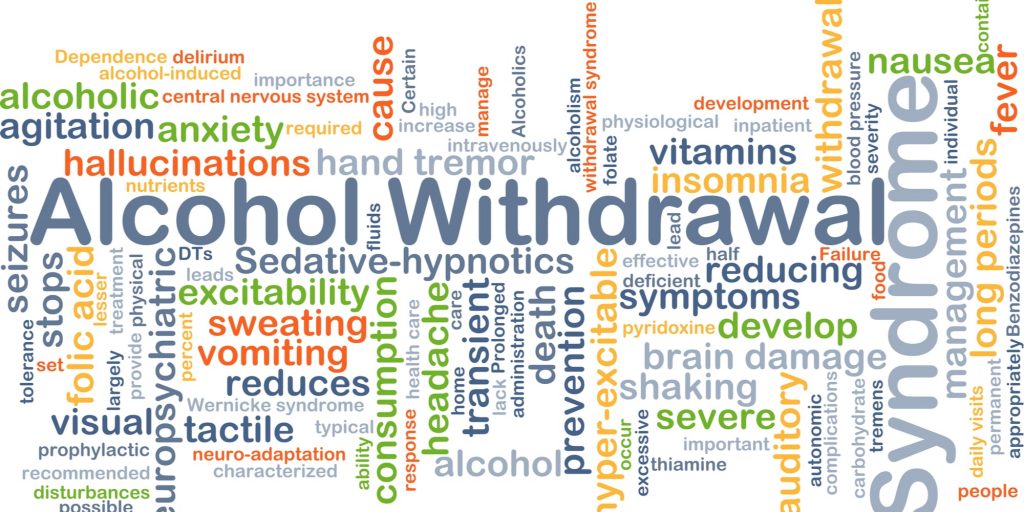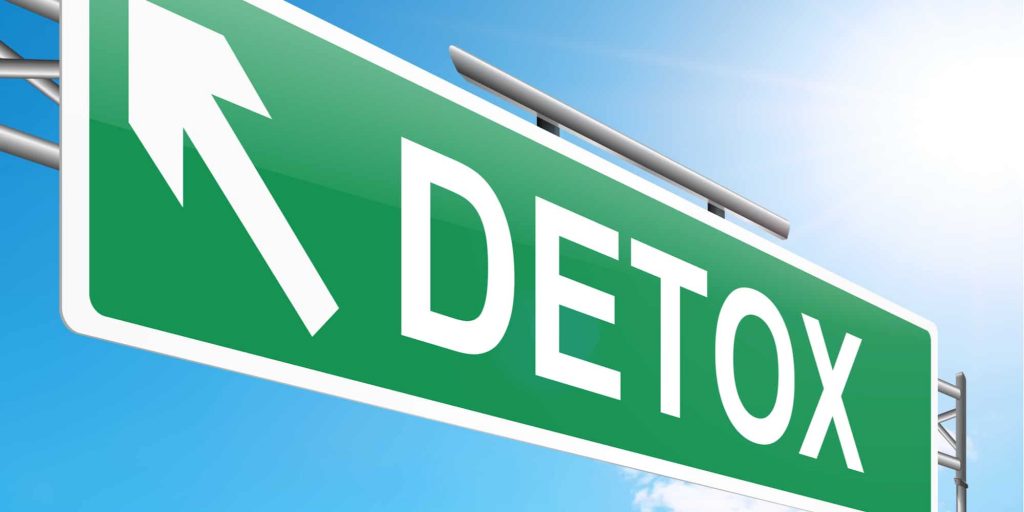
When a person struggling with chronic or long-term alcohol abuse quits drinking, they often experience alcohol tremors—uncontrollable shaking, usually in the hands. These alcohol tremors are also known as alcohol shakes. And a problem in the area of the brain that controls the body’s muscles is what causes these issues.
Alcohol shakes, as evident by their name, are most common among individuals who suffer from alcohol addiction, or alcohol use disorder (AUD). They are usually a symptom of alcohol withdrawal. However, they can also result from other issues related to AUD, such as binge drinking, excessive alcohol use over time, alcohol-related brain damage, and liver disease.
Table of Contents
What Causes Alcohol Shakes?


Depressants like alcohol slow down parts of the brain and interfere with the chemicals that regulate mood. This means that heavy drinking gets the brain used to a reduced level of stimulation.
The reason for this link between alcohol and tremors is that as alcohol leaves the body of a heavy drinker, the brain is flooded with more activity, and the nervous system becomes hyperactive. As a result, the brain has difficulty controlling the fine motor muscles in the hands and sends unpredictable electrical impulses that cause shaky hands after drinking.
Alcohol shakes and other symptoms of alcohol withdrawal can occur as soon as six hours after someone last had a drink. That’s why some alcoholics wake up shaky in the morning and need a drink to feel steady.
How Can I Stop Alcohol Shakes?
Many people who are going through alcohol withdrawal are tempted to drink more alcohol as a way of reducing their symptoms. This only deepens the body’s physical dependence on alcohol, and causes more damage in the brain. The only surefire way to stop alcohol tremors is to detox from alcohol and allow your brain to heal and adjust to a safe baseline.
What Are the Symptoms of Alcohol Withdrawal?
Alcohol withdrawal symptoms can vary widely. Along with alcohol shakes, withdrawal from alcohol causes a variety of physical symptoms which can range from unpleasant to medically dangerous.
Alcohol sweats are a common early sign of alcohol withdrawal, as alcohol causes the skin to become warmer while also dropping core body temperature. This results in excessive sweating, especially after periods of binge-drinking. And as the brain tries to adjust to a lack of alcohol in its system after a long period of drinking, a variety of neurological problems can arise. Insomnia, anxiety, paranoia, and general irritability are all symptoms of withdrawal from alcohol.
Additionally, headaches, nausea, and high blood pressure can all result as the body processes leftover alcohol and adjusts to a normal chemical balance. Occasionally, alcohol withdrawal can even develop into delirium tremens (DT), an extremely severe form of withdrawal, which can lead to seizures and hallucinations. It is usually caused by suddenly stopping alcohol intake after a long period of heavy drinking, and can occasionally be fatal.
Typically, symptoms are most severe from 24 to 72 hours after last drinking. The duration and severity of withdrawal symptoms vary depending on how long, how much, and how regularly the person has consumed alcohol, as well as their gender, weight, age, family history of addiction, and whether they use other addictive substances.
Does Experiencing Alcohol Shakes Make You an Alcoholic?
If you are experiencing alcohol shakes and other withdrawal symptoms, this could be a sign that you have AUD, a physical dependency on alcohol. Even if you don’t consider yourself an alcoholic, if you have three or more of the following symptoms of alcohol dependence, you may require medical treatment:
- A strong, recurring compulsion to drink
- Difficulty in moderating how much you drink, or drinking more than you intended
- Needing increasing amounts of alcohol to achieve the same feeling
- Neglecting other interests and spending larger amounts of time drinking or obtaining alcohol, or trying to recover from its effects
- Continuing to drink despite damage to your personal life, or the presence of medical symptoms
It is important to reduce and stop drinking in a safe and controlled manner when you are addicted to alcohol. Some withdrawal symptoms are severe and even fatal, so it is always recommended that you seek medical advice and support.
Detoxing from Alcohol Safely


If you’re dealing with alcohol shakes, help is out there. Because alcohol withdrawal can potentially be life-threatening, it’s recommended that anyone going through withdrawal should be monitored by a medical professional, who can ensure that you stay safe throughout the process. The type of detox program or level of intensity needed will depend on the severity of alcohol dependence and other factors.
Detoxing means clearing the alcohol from the body and managing withdrawal symptoms. Although alcohol will clear the body within a few days, cravings, shakes, and other withdrawal symptoms may linger longer.
Once the body is free of alcohol and alcohol shakes have subsided, an individual can begin addiction treatment. Detox alone is seldom enough to help those with a substance use disorder maintain abstinence long-term. Rather, detox should be followed by effective substance use disorder treatment.
Treatment may be inpatient or outpatient, and typically includes individual and group therapy, family counseling, alcohol education, 12-step support, and support for physical or psychological needs. Committing to an effective alcohol treatment program gives the best chance for a successful, long-term recovery.
Getting Help for Alcohol Withdrawal Symptoms
There are many ways you can take control of your sobriety and live a better life. Addiction treatment programs like the ones at The Blackberry Center in St. Cloud, Florida are here to help you recover from the physical and emotional pain that stems from these conditions.
Here, you will be overseen by medical professionals to keep you safe and healthy as you detox from alcohol, as well as mental health experts who will work with you to treat the root cause of your struggles with addiction. We offer customized care to treat the needs of every patient, such as dual diagnosis treatment for those struggling with alcohol abuse and mental illness simultaneously.
Our programs are specially made to get you on the right path toward recovery—we want to see you continue to live a long, healthy life. Reach out to us today to learn more about your recovery options. You can reach our admissions department by phone at 888-512-9802 or by filling out our confidential online form with your questions and your story of addiction today.
The post What Are Alcohol Shakes? The Process of Alcohol Withdrawal appeared first on The Blackberry Center of Central Florida.
Source
Original Author: Heather Ware

